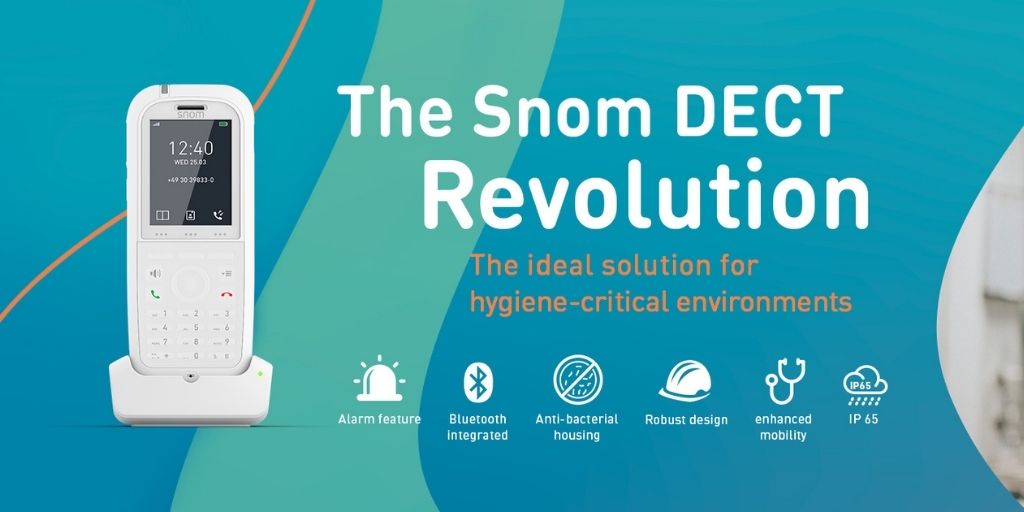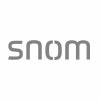Over the past two years, the Covid-19 pandemic has pushed our healthcare system to its limits and been a catalyst for change and adaptation in the face of the invisible plague that has swept the world. Many patient-facing administrative processes have been completely transformed from the ground up, such as turning paper processes into digital ones to enable social distancing and getting rid of outdated hardware such as fax machines and replacing them with smarter technologies that are also designed around infection control with antibacterial properties.
Large scale digital transformation has always been on the agenda for the NHS and other healthcare bodies, but the pandemic has pushed these transformations through quicker than ever before. The Long Term Plan published on 7 January 2019 set out the vision to future-proof the NHS and the practical experience of how to make this happen is set out in the NHS Five Year Forward View.
Technology in hospitals can be costly and replacing one process often means a large-scale implementation project which needs to be managed and rolled out. This takes teams of people to ensure an effective rollout. To save money, time and keep these implementations future proof by ensuring interoperability, it is best to ensure a few well aligned technologies are implemented that tick as many boxes as possible from a software point of view. From a hardware point of view, it is important that the surfaces that get used the most such as phones, pagers, door handles and bars at the bottom of hospital beds, for example, are designed with infection control in mind, ideally being made from antibacterial materials.

Jochen Kmietsch, EKW Project Leader, EKW Göttingen – a hospital in Germany adopting IP telephony - said: “We made the decision to switch over to a more modern, IP-based system across all our buildings. The decision was made because features we take for granted today, such as an answering machine or fax to e-mail, not to mention more modern features like programmable keys, a second screen or editable call lists, would simply have been too costly, both to install on the existing system and to be accessible enough to both staff and patients alike in the future. Ultimately, an extensive system was required that had to guarantee that all employees on all sites and in all areas of the buildings can be reached at all times.”
One such highly specialised antibacterial DECT Handset is called the M90 and is specially designed by Snom for use in hospitals, homes and wherever cleanliness and hygiene play an important role. The M90 has a special antibacterial housing that has also been tested according to JIS-Z2801. Thanks to its surface, the M90 can be cleaned in a moist environment with disinfectants containing alcohol (ethanol) removing the threat of some viruses. This makes the device easy to clean and provides no breeding ground for bacteria and viruses becoming the ideal companion in a busy medical environment.
Lee Underwood, Channel Manager UK & I at Snom added: “Our M90 handsets are extremely durable and can easily withstand a fall or water damage. They also come with integrated alarm buttons, which make them ideal for use in fast-paced environments such as hospitals, where safety and security are key."
Hospitals around the world are experiencing major upgrades and improvements, mostly around data transformation and making environments safer and more sanitary. Open architecture and interoperability allow for future improvements as we continue further into the data revolution and smart materials designed around infection control as well as air quality sanitisation are all high up on the agenda now and for the future.



















